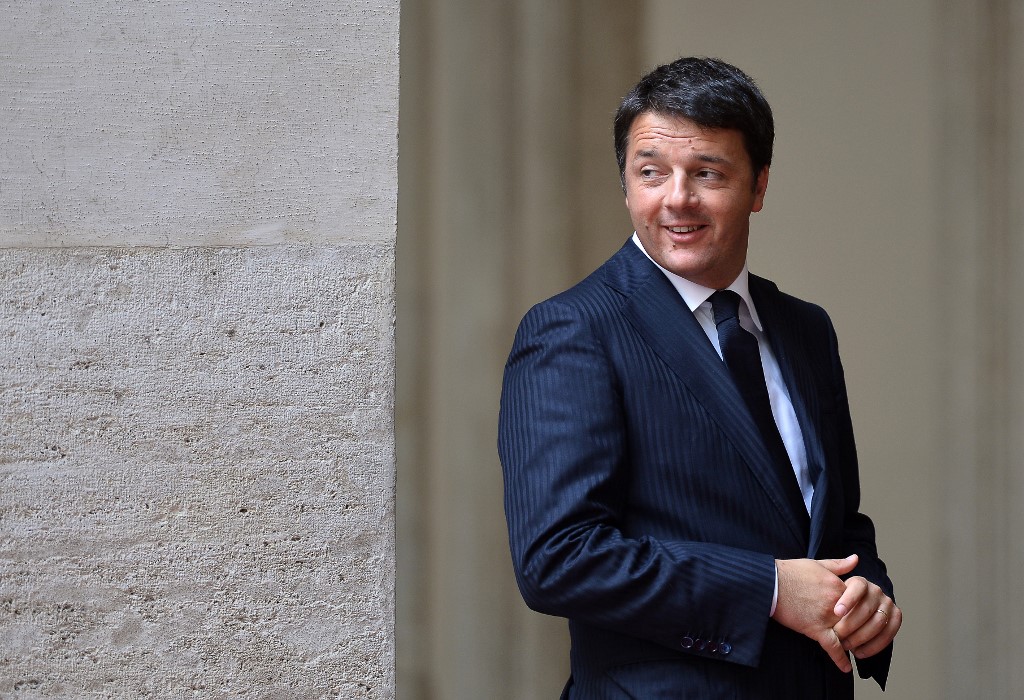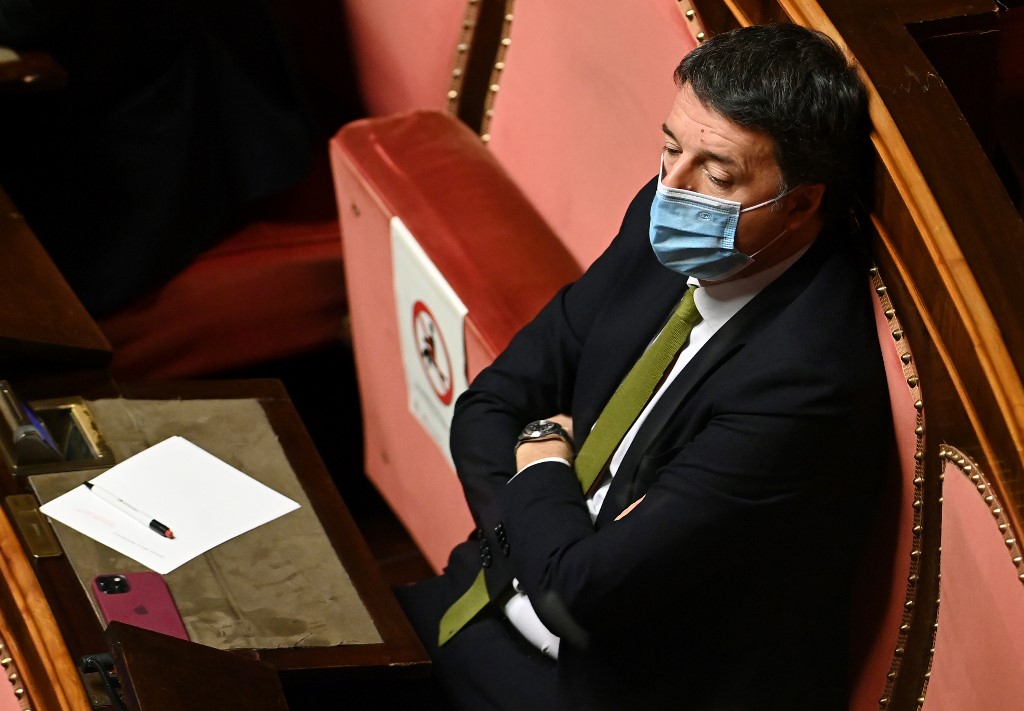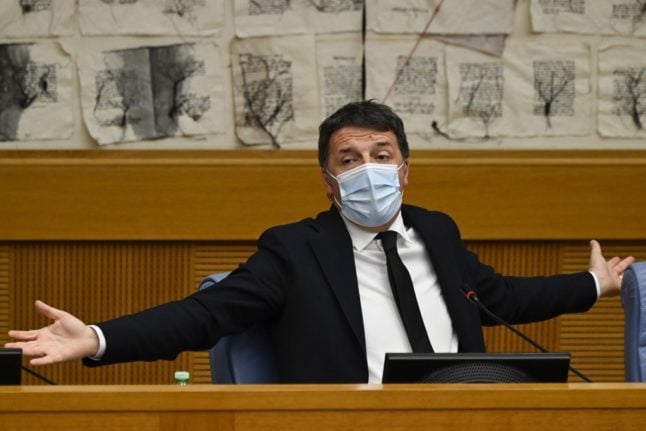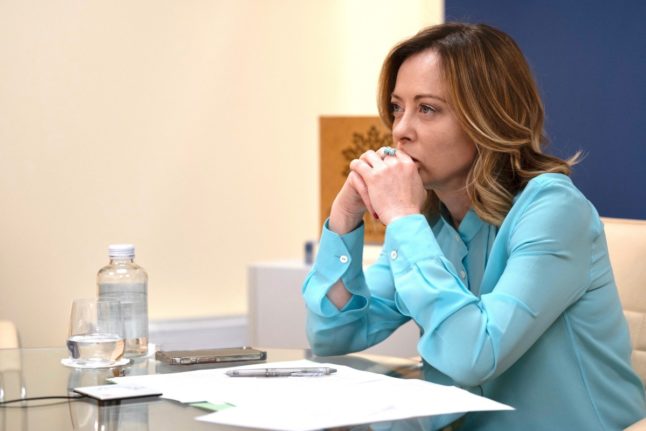
.@matteorenzi, known as “il Rottamatore” (the Scrapper).
Scrapped his own government in 2016 by promising he would resign unless he could get the Constitutional reform he wanted passed by the electorate in a referendum.
? Cool. pic.twitter.com/tif6K4rwxY
— Daniele Albertazzi (@DrAlbertazziUK) January 12, 2021




 Please whitelist us to continue reading.
Please whitelist us to continue reading.
I dont like Renzi at all but in this case i agree with him he has called out a totally incompetent and unfit to govern goverment who do nothing more than argue with each other all the time.
Conte has more lives than a cat.